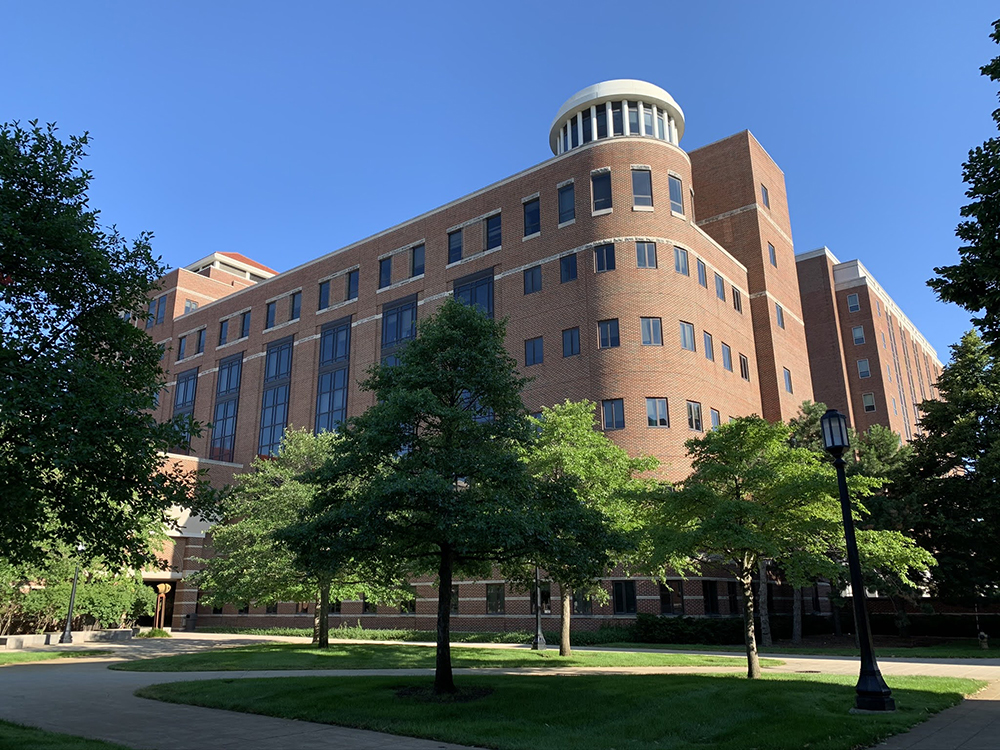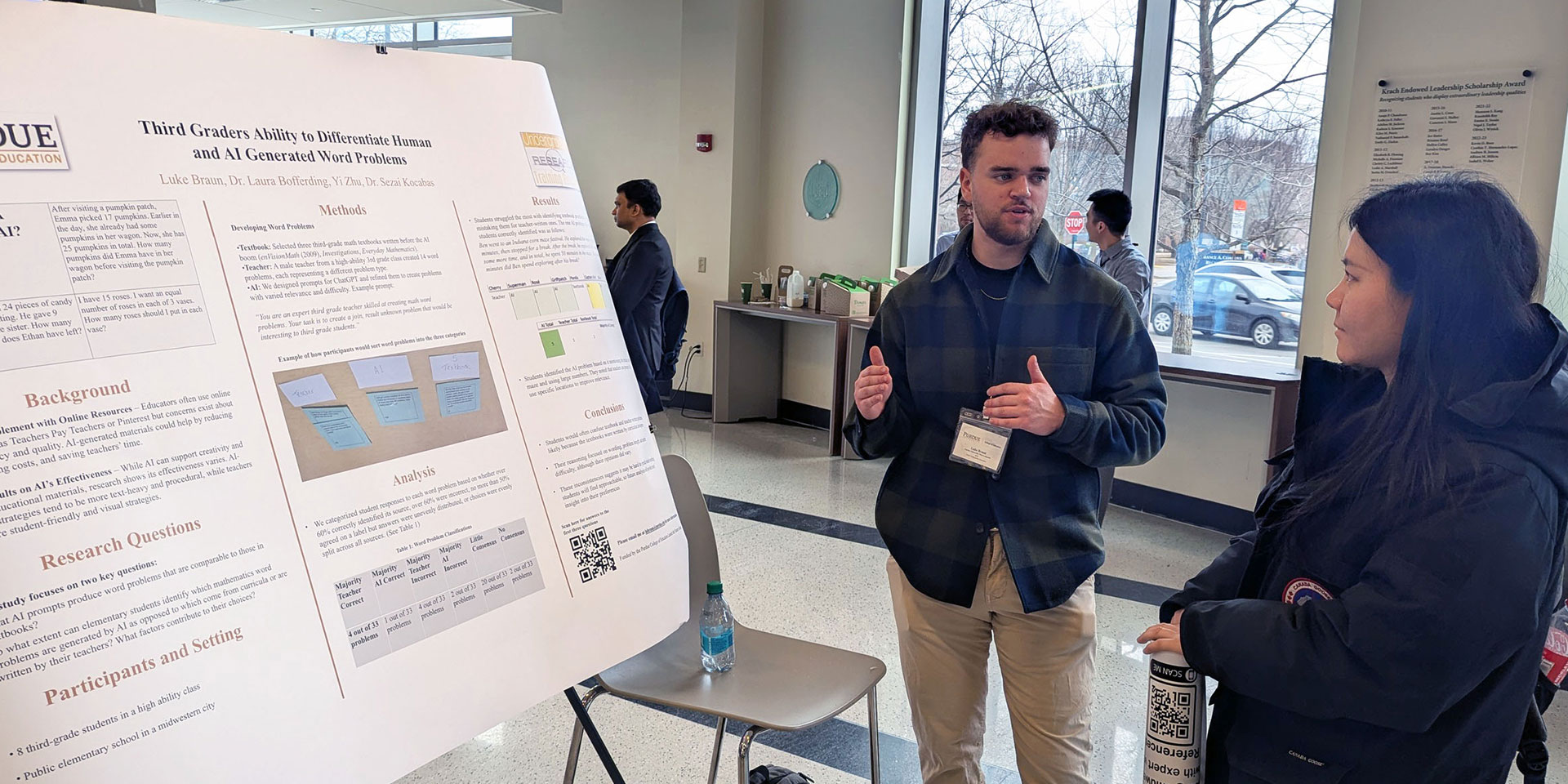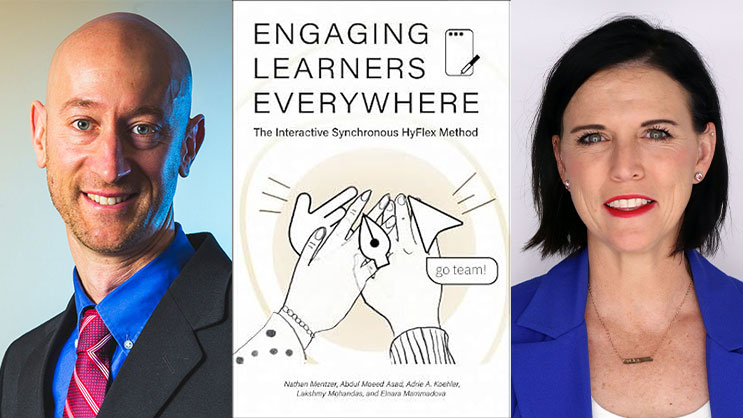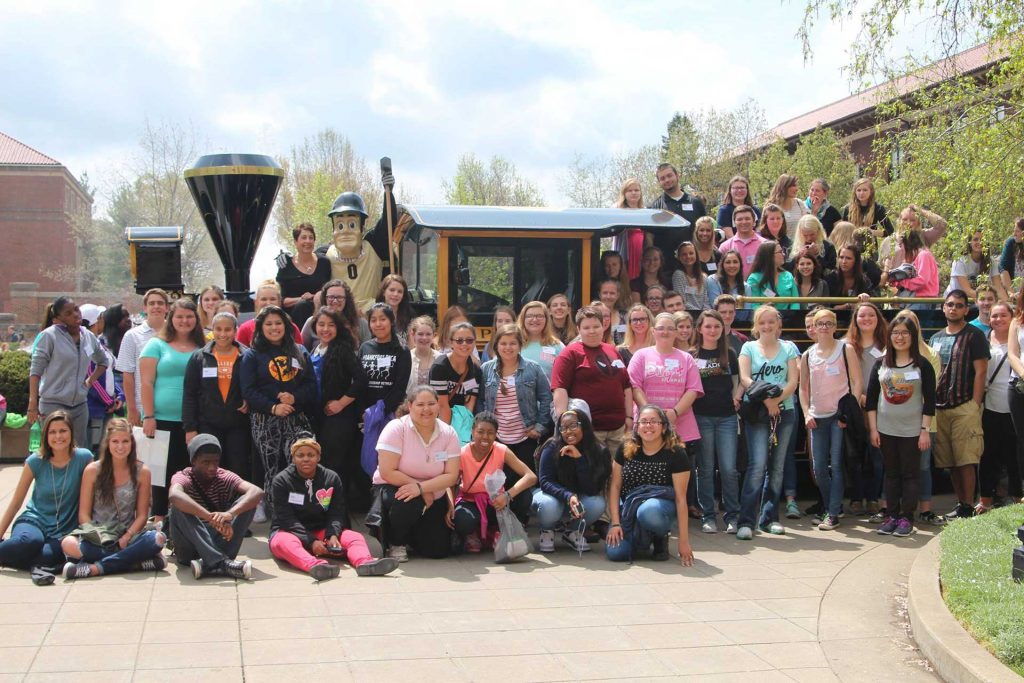Discovering and Developing Human Potential
A community of learners dedicated to research, the College of Education is equally driven to use that knowledge to transform learning. We look for the connections between theory and practice, between science, technology and the humanities. Part of a public land-grant university, we are committed to using our scholarship to launch the future of education for all learners.
AI & Data Science
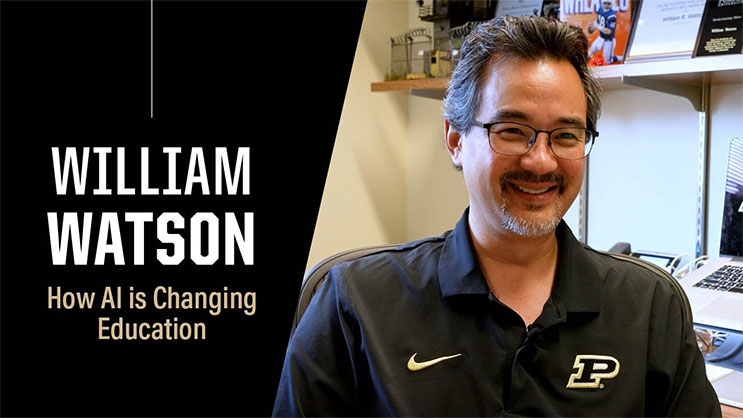
Transforming Learning and Teaching
We offer courses, graduate certificates, and degree programs that provide training for students in the analyses of large sets of numerical, textual, and multimodal data and practical applications of AI tools. In addition, we are leveraging our comparative advantage in P-12 education to provide professional development and training to our school-based colleagues. The College is home to faculty scholars, centers and funded grant projects engaged in interdisciplinary research to leverage AI tools and to collect and analyze data that seeks to transform learning and teaching, inform policy and make a difference in the lives of culturally and linguistically diverse students, families and communities.
Centers and Institutes
We are proud of our ground-breaking research, award-winning faculty, programs, and services. Purdue’s College of Education centers and institutes are paving the way in multiple disciplines and areas of study.
Current Grants

Current Grants in the College of Education
Our College of Education faculty, professional staff, and graduate students have been awarded millions of dollars in funding to support their research, engagement and other academic projects. Funding comes from the federal government, state governments, private foundations, professional organizations, and internal college and university programs.
Education Journals
College of Education faculty currently serve as editors, associate editors, and editorial board members of the following professional and academic research journals.
Purdue ELLLPS

Purdue English Language Learner Language Portraits
Purdue English Language Learner Language Portraits (ELLLPS) aims to provide pre-service and in-service teachers and administrators with resources and tools to practice assessing the English language proficiency of students classified as English language learners (ELLs).
Student Research
College of Education students take part in research that helps solve real-world problems. They work with faculty and peers on projects that make a difference in education and beyond.
